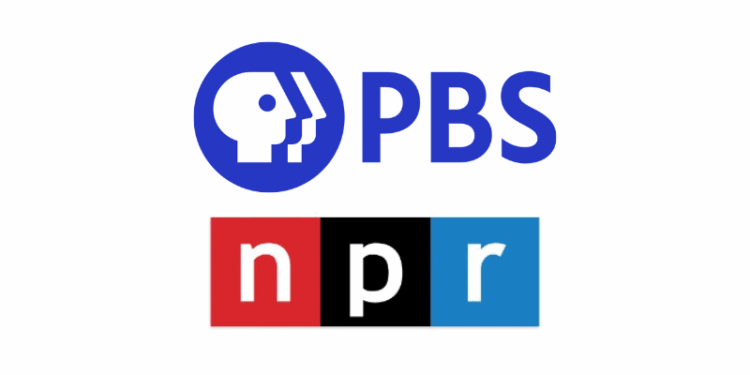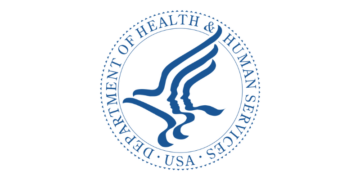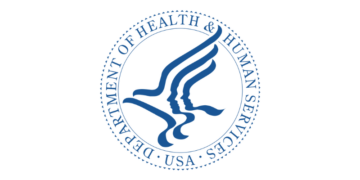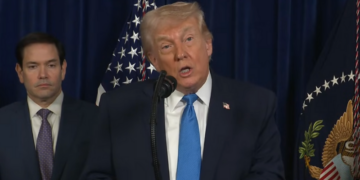President Donald Trump signed an executive order on Thursday, May 1st, instructing the Corporation for Public Broadcasting (CPB) and all federal agencies to halt taxpayer funding for National Public Radio (NPR) and the Public Broadcasting Service (PBS). The order raises concerns about political bias and the outdated nature of federal media funding.
The document notes that while the CPB was created in 1967 to address a lack of media options, the current diversity of news outlets makes ongoing funding unnecessary and potentially damaging to the perception of unbiased journalism. It states, “No media organization has a constitutional entitlement to taxpayer funding,” stressing that the government has the authority to decide what activities it will finance. CPB regulations require it to remain politically neutral and avoid supporting any political party.
The executive order also asserts, “What does matter is that neither entity presents a fair, accurate, or unbiased portrayal of current events to taxpaying citizens.” As a result, the CPB has been directed to cease current funding for NPR and PBS, as much as legally possible, and to reject any future funding requests.
This decision follows increasing criticism of perceived liberal bias in NPR’s and PBS’s news coverage. Some argue their reporting demonstrates significant partisanship. Uri Berliner, a former NPR editor who resigned over concerns about a lack of diverse viewpoints, pointed out that most of the outlet’s staff were Democrats, with few Republicans involved. His resignation, along with similar concerns, has contributed to calls for defunding these public broadcasters.
By June 30th, the CPB must update the criteria for its 2025 Television and Radio Community Service Grants to ensure no funding, directly or indirectly, supports NPR or PBS. Public radio and television stations receiving CPB support will be prohibited from using those funds for NPR or PBS. Additionally, federal agencies must review and cancel any current grants or contracts with these outlets to ensure compliance.
The order concludes by stating that the directives must follow existing laws and budget authority and do not establish enforceable legal rights. The administration positions this move as a way to protect taxpayers while promoting impartiality in federally supported media.










